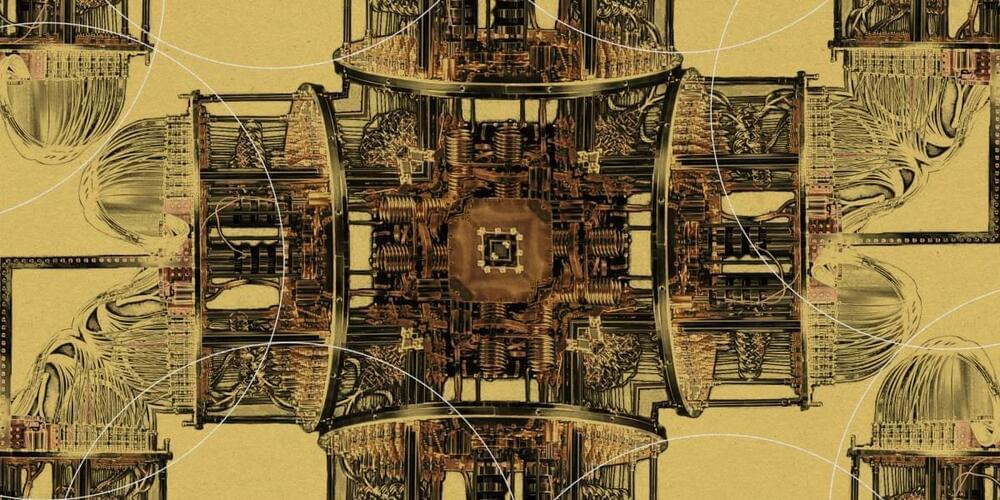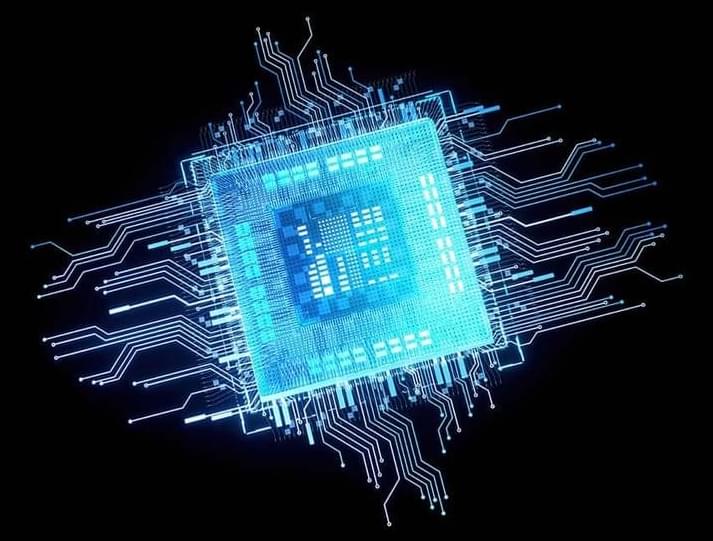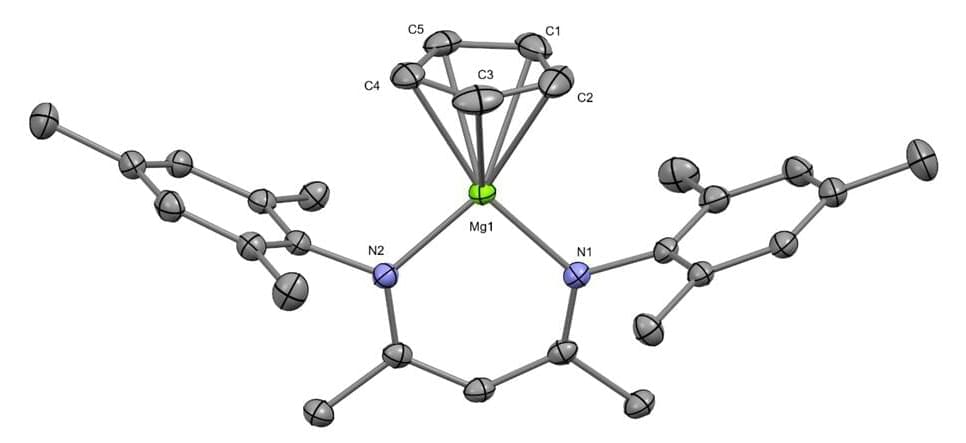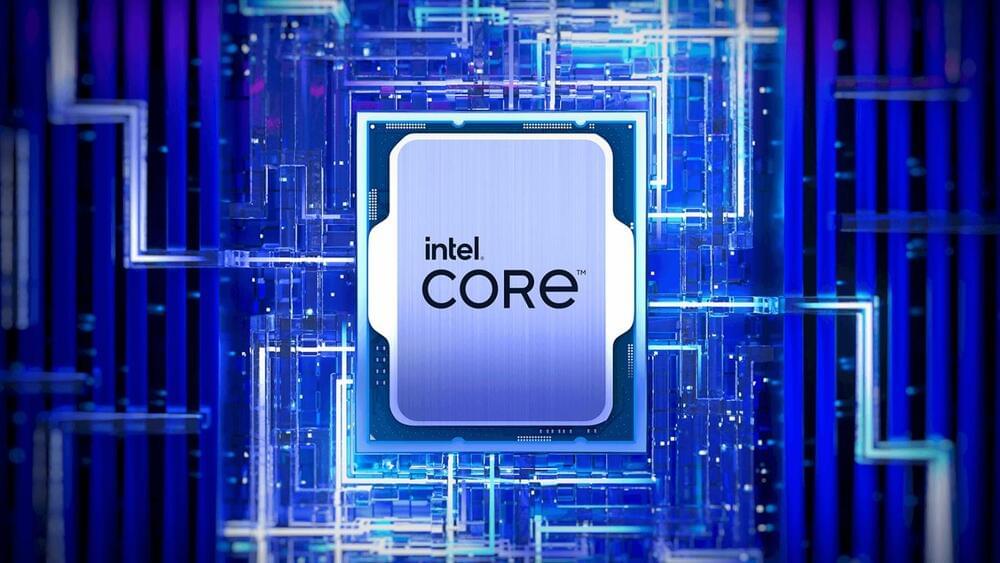The company wants to make large-scale quantum computers a reality within just 10 years.



Researchers at Microsoft say they have created elusive quasiparticles called Majorana zero modes – but scientists outside the company are sceptical.

That’s the ordinary matter of everyday life: your hair and clothes, your atoms and organs, the food you eat and the dogs that kiss you, the air and the sea, the Sun and the Moon. Everything we know — everything we see — is just 5% of everything in the Universe.
The remaining 95% of the Universe is stuff that we can’t see, don’t yet understand. An extraordinarily vast portion of the cosmos is still unknown. Despite the technological advancements of the last century, even with computers at our fingertips and the worldwide internet and space-based observatories mapping the far reaches of our Universe, there is still so much that we don’t understand.
We have grown leaps and bounds since the days of the ancient Greeks and Egyptians, even since Copernicus and Kepler. But in many ways, we are still novices playing with toy models seeking to understand the stars.
Lot’s of science news, stay till the end for the climate stuff.
Expand your scientific horizon with Brilliant! Use our link https://brilliant.org/sabine You can get started for free, and the first 200 will get 20% off the annual premium subscription.
Today we’ll talk about plants that use quantum mechanics, the first data from a new galaxy survey, quantum utility, online hate groups, photonic computing, the most sensitive power measurement ever, how to map a tunnel with muons, bad climate news that I don’t want to talk about, and you don’t want to hear, but that we need to talk about anyway. And of course, the telephone will ring.
💌 Support us on Donatebox ➜ https://donorbox.org/swtg.
🤓 Transcripts and written news on Substack ➜ https://sciencewtg.substack.com/
👉 Transcript with links to references on Patreon ➜ https://www.patreon.com/Sabine.
📩 Sign up for my weekly science newsletter. It’s free! ➜ https://sabinehossenfelder.com/newsletter/
🔗 Join this channel to get access to perks ➜
https://www.youtube.com/channel/UC1yNl2E66ZzKApQdRuTQ4tw/join.
🖼️ On instagram ➜ https://www.instagram.com/sciencewtg/
00:00 Intro.

Disregarding an ever-increasing number of modalities and approaches and indifferent to the intense competition from savvy startups and techno giants, Lego could enter the race to build a quantum computer.
Well, at least one Lego fan designer is readying the Denmark-based toy company for the quantum era.
In a product suggestion, a Lego user pitched creating IBM Quantum Computer System in Lego Ideas, a site that allows users to submit suggestions for future logo sets.

Gordon Moore, the co-founder of Intel who died earlier this year, is famous for forecasting a continuous rise in the density of transistors that we can pack onto semiconductor chips. James McKenzie looks at how “Moore’s law” is still going strong after almost six decades, but warns that further progress is becoming harder and ever more expensive to sustain.

A quartet of chemists at the University of Oxford has, for the first time, found a way to get two beryllium atoms to bond with one another. In their paper published in the journal Science, Josef Boronski, Agamemnon Crumpton, Lewis Wales and Simon Aldridge, describe their process and how they managed to do it in a safe way—and at room temperature. Jason Dutton with La Trobe University, has published a Perspective piece in the same journal issue, outlining the work done by the team in England.
Beryllium is a strong but lightweight, alkaline earth metal. It is also brittle.
Beryllium only ever occurs naturally when mixed with other elements, forming minerals. It is often found in gemstones such as emeralds. And it is used in a variety of applications, from telecommunications equipment to computers and cell phones. It is also mixed with other metals to create alloys used in applications such as gyroscopes and electrical contacts.

NASA is offering everyone the opportunity to have their name sent on the 1.8-billion-mile journey to Jupiter next year.
The “Message in a Bottle” campaign (Opens in a new window) invites people to submit their names to NASA before 11:59 pm EST on Dec. 31, 2023. Those names will then be engraved on a microchip alongside a poem titled “In Praise of Mystery: A Poem for Europa” written by U.S. Poet Laureate Ada Limón.
Once completed, the chip will be loaded on to NASA’s Europa Clipper spacecraft (Opens in a new window) scheduled for launch in October 2024. It won’t reach Jupiter until April 2030, at which point Clipper will orbit the planet and make close to 50 flybys of the Europa moon at altitudes as low as 16 miles (25 kilometers) above the surface. The aim is to investigate whether Europa has the potential to support life.
The new 12-qubit “Tunnel Falls” chip announced by Intel packs important features into its tiny form factor that could help accelerate research in quantum computing.
Intel has announced a new 12-qubit “silicon spin” chip, Tunnel Falls, and is making it available to the research community. In addition, Intel is collaborating with the Laboratory for Physical Sciences (LPS) at the University of Maryland’s Qubit Collaboratory (LQC), to advance quantum computing research.
